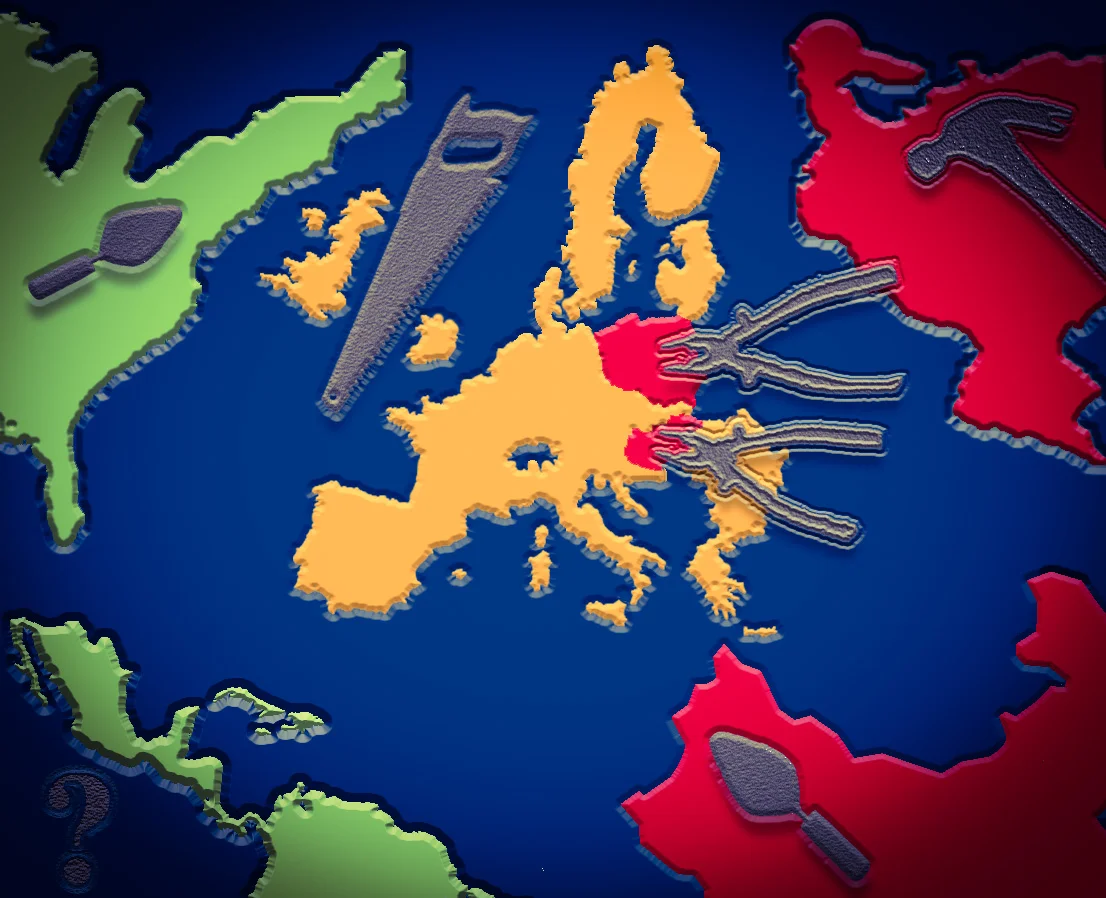Bridging the gap between citizens, legislation, and policy
If populism worries you, so should apathy. Even more so.
Distrust, indifference and overall abandonment of the political process will only perpetuate the disconnect between governments and their constituents, and more worryingly, the continued existence of politics as an exclusionary and self-serving industry.
How can politicians be mandated to resemble something close to constituent-oriented policymakers in this day and age?
It is not enough to simply hold elections or referendums on a regular basis, as proved by autocrats, propagandists and picking your voters through redistricting. It is not enough to hope that media outlets and tech giants will come up with safeguards against fake news, hackers, and trolls. For technology to effectively begin disrupting poor governance and antiquated politicking, transparency and accountability must be increasingly applied from the bottom-up.
By recognizing that fragmentation is a real and observable phenomenon and that centralized political power in democracies has diminished, the advancement of a decentralized digital approach is uniquely positioned to introduce some form of direct citizen involvement in policy-making.
Experiments in issue-based representation are an example of how future legislators and lawmakers could start responding to a different kind of oversight, thereby reducing the vast grip and influence that donors, lobbyists, and other rent-seekers have in policy. Organizations that aim to foster citizen-led legislation through technology could help engender a more effective separation of policy from politics, because the former should not be the exclusive domain of the latter.
Restoring a sense of idealism and appeal in public service will be untenable if governance answers primarily to closed circles of entrenched interests, ignoring sound input from scores of professionals, experts, activists and advocates outside of bureaucratic constraints. It is naïve to think that this could ever take place at the ballot box; how legislators make impactful decisions once in office requires more scrutiny, guidance, and follow-up than ever before.
The sum of all voters in democracies –even those that vote through ballot initiatives and other forms of direct democracy– will never be realistically engaged with all of the issues, all of the time, and are inherently selective about what matters to them and the information they receive. In addition, it is practically impossible for every eligible voter to keep continuous track of everyone and everything they vote for.
But specialization exists for a reason.
Politicians already lend their ear to councils, think tanks, associations, guilds and countless other bureaucratic structures with their own agendas; why not welcome the aggregate knowledge and guidance of eager, networked individuals?
It is feasible to have large numbers of private citizens with applicable qualifications proposing, designing, discussing and evaluating policies in collaboration with multiple representatives and officials, just by following terms of agreement for individual input, and without anyone ever having to meet in person.
Based on the profile provided by each user, office holders would gain access to closer, issue-centric interaction with passionate, pro-bono citizen advisors. With blockchain technology now available to build a trusted ledger of specialized advice and ensuing analytics, transparency and ease of use for participants would probably entice constituents to become involved (and peer-reviewed).
This “expert network” could be introduced as a carefully and reliably user-sourced service to city councils, parliaments, assemblies, agencies, etc. as a citizen-led counterweight to the cherry-picked advisors and staffers that politicians in these bodies inevitably surround themselves with.
Remember, politicians are as susceptible to confirmation bias as anyone, except that as lawmakers, they would be hard-pressed to resist the valuable insights and analytics of aggregated, specialized perspectives on specific policy issues. Today’s social media has become too much of a corruptible gimmick in facilitating serious communication with politicians. But its underlying foundations can be used for new, legitimate forms of policy advising.
It may seem difficult for the status quo to yield to forward-thinking technocrats these days, but in the long-term, the current divergence between policy priorities and political discourse must narrow. The longer constituents go without feeling involved or receiving sincere accountability from the governing class, the less commitment and adherence to the rule of law there will be.
Democracy is about the capacity to adapt and reinvent itself, re-writing the rules of representative methods according to changing conditions and circumstances.
Without renewed pragmatism, citizen participation and trust in institutional mechanisms, we risk losing significant social cohesion. But most of all, the loss of capable, specialized individuals directly contributing to policy would be a tremendous missed opportunity for the future of democracy.







